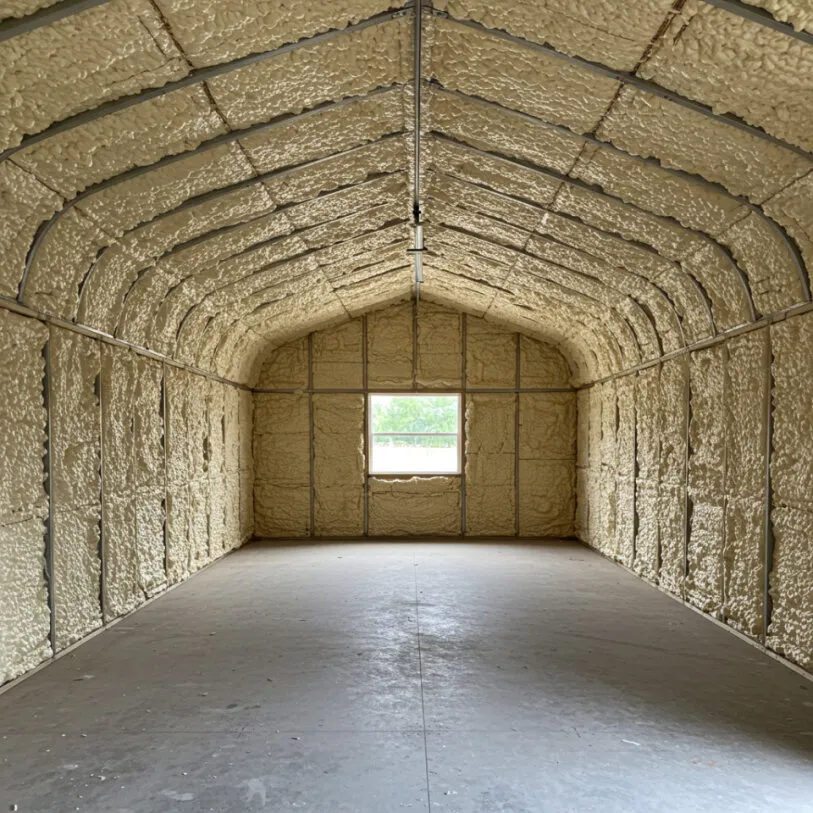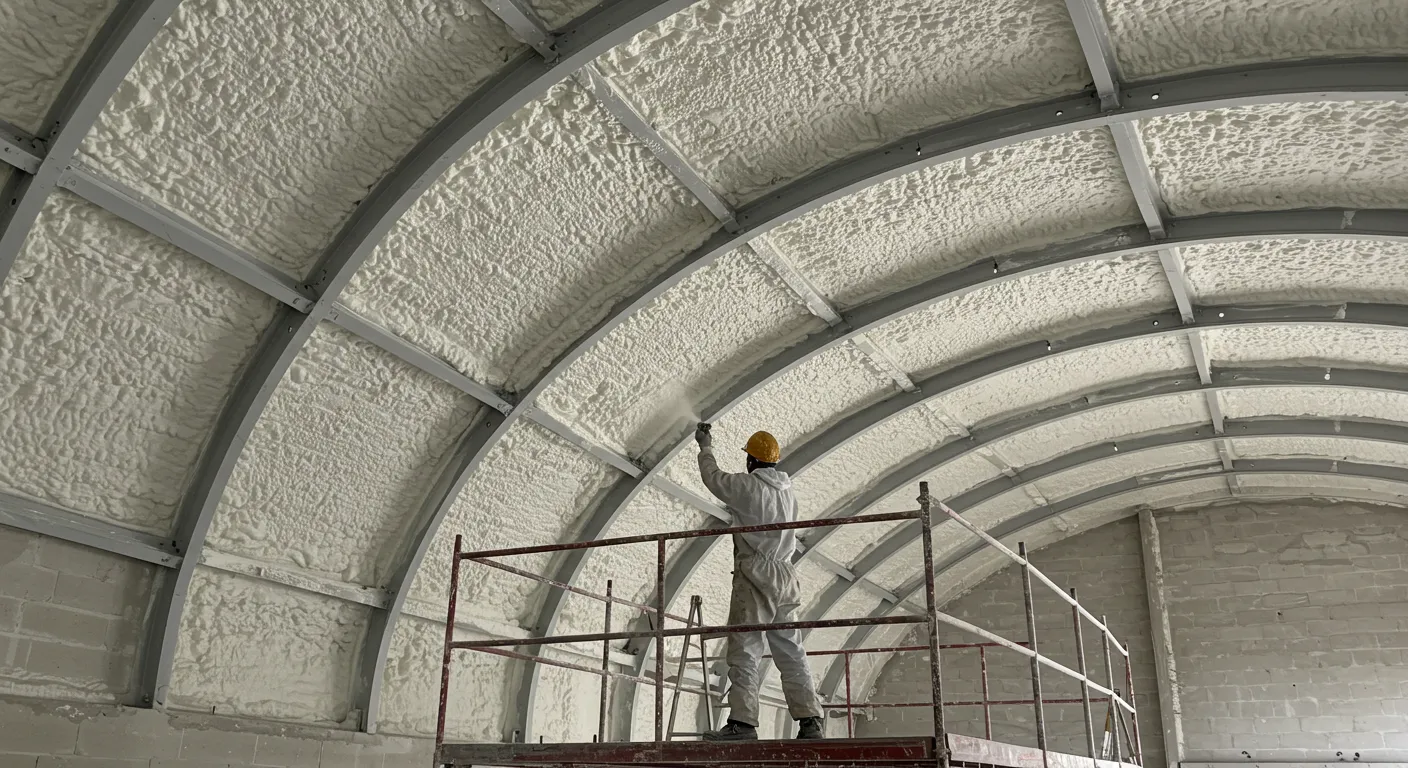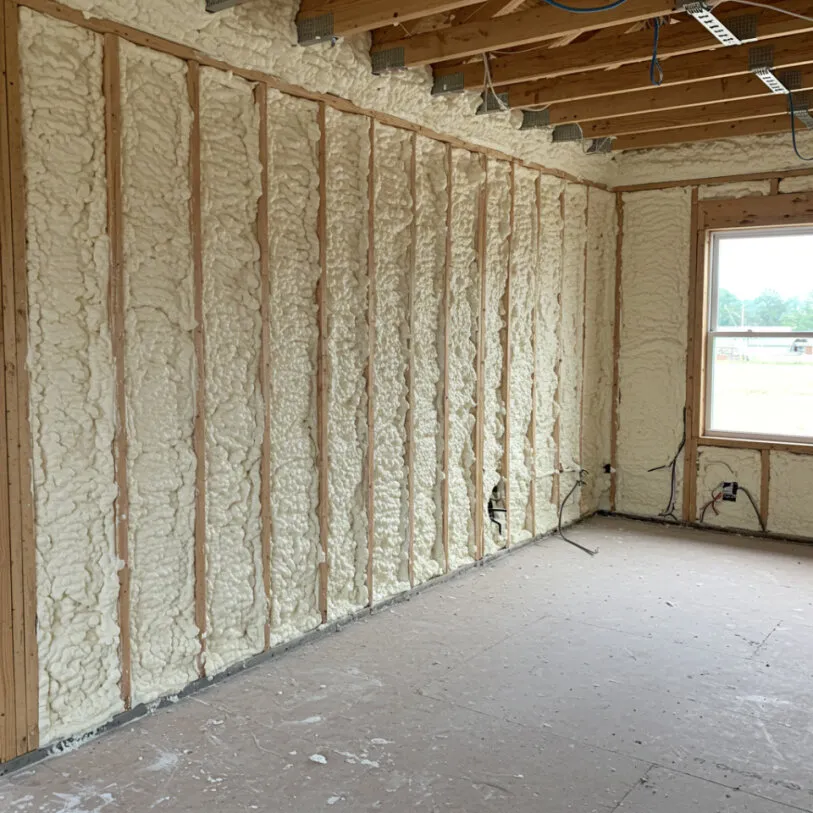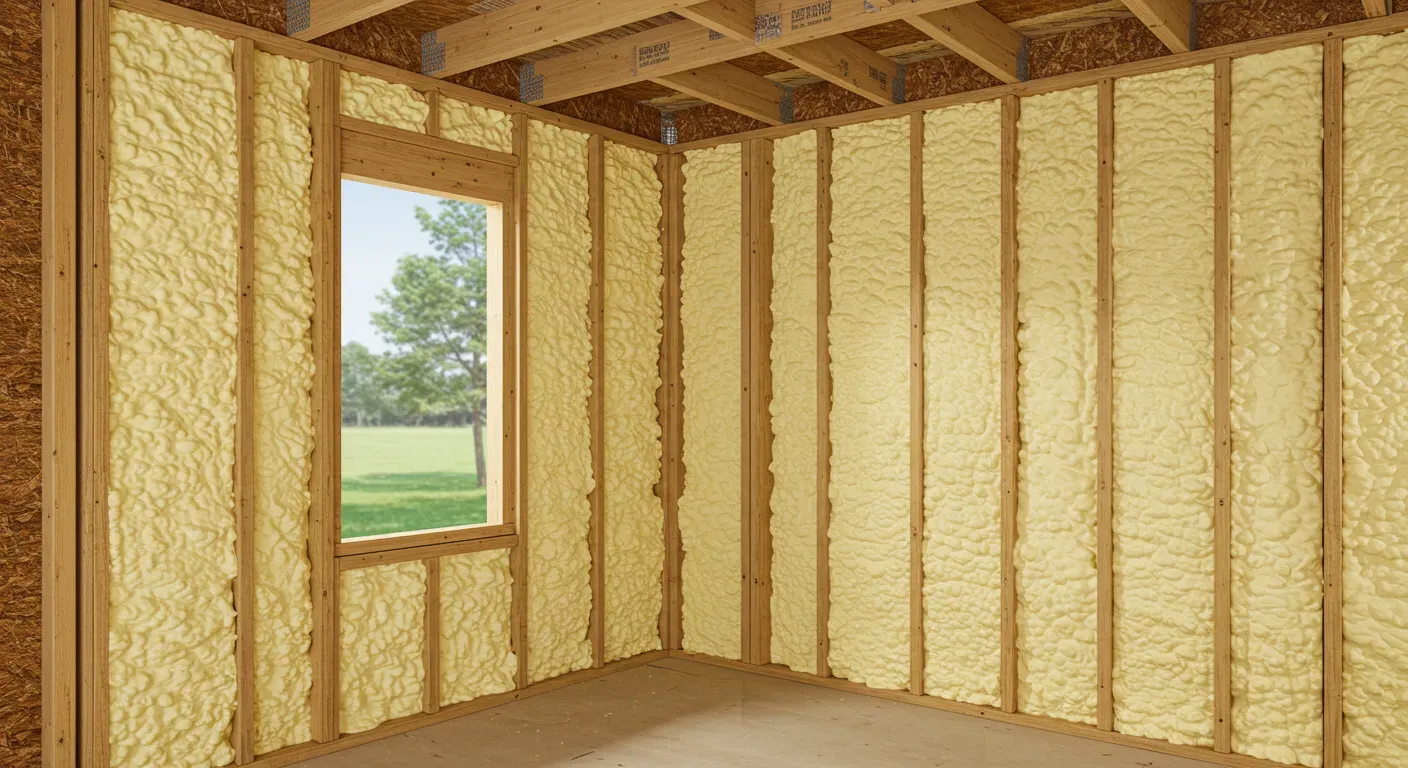Spray foam insulation has gained popularity for its superior thermal performance and energy efficiency. However, homeowners looking to sell their properties or secure financing often encounter a major hurdle: lenders rejecting homes with spray foam insulation. This issue can create complications for buyers and sellers alike, making it essential to understand the reasons behind such rejections and potential solutions.
Why Lenders Reject Homes With Spray Foam Insulation
Lenders assess multiple risk factors before approving mortgages. Spray foam insulation, while beneficial in many ways, raises concerns related to:
- Property Valuation Issues
- Ventilation and Moisture Concerns
- Structural Implications
- Difficulty in Inspection
- Limited Market Demand
Each of these factors contributes to lender hesitation, making it essential to explore them in detail.
How Spray Foam Affects Home Appraisals in Seattle
Impact on Home Appraisal
Home appraisals determine property value, influencing the loan amount a buyer can secure. Issues that may arise include:
- Inconsistent valuation: Due to variations in insulation installation.
- Difficulty in assessing long-term integrity: Affecting resale potential.
- Limited comparable: In the market with spray foam, making valuation challenging.
Market Perception and Demand
- Some buyers are hesitant due to misconceptions about spray foam insulation.
- Lower demand can translate into lower property values, affecting loan approval.
Why Moisture and Ventilation Raise Red Flags for Lenders
Trapped Moisture Issues
Improperly installed spray foam can:
- Trap moisture, leading to hidden mold growth.
- Cause deterioration in wooden structures.
- Increase repair costs, creating financial risks for lenders.
Ventilation Requirements
- Spray foam creates an airtight seal, requiring mechanical ventilation systems.
- Lenders may be wary if proper ventilation measures are not in place.
Structural Issues: The Hidden Risk of Poor Spray Foam Installs
Interaction with Roofing Structures
- Spray foam can make future roof inspections difficult.
- Undetected roof leaks may lead to costly structural damage.
Fire Safety Risks
- Certain spray foam types require fire-resistant coatings.
- Lenders may reject properties if safety regulations are not met.
Inspection and Mortgage Approval Challenges
Difficulty in Property Surveys
- Traditional surveyors may struggle to assess hidden structures.
- Lenders often require a detailed professional inspection, adding extra costs.
Appraisal and Underwriting Issues
- Properties with unverified spray foam installations may be deemed high-risk.
- Lack of proper certification can lead to loan rejections.
How Seattle Homeowners Can Get Approved with Spray Foam
Proper Documentation and Certification
- Obtaining a warranty from a certified installer.
- Providing proof of compliance with local building codes.
Addressing Lender Concerns in Advance
- Hiring an independent inspector before listing a home.
- Ensuring proper ventilation solutions are in place.
Exploring Lender-Specific Policies
- Some lenders specialize in homes with spray foam insulation.
- Researching financing options with experience in energy-efficient homes.
Final Thoughts: Solving Lender Objections the Right Way
Lenders often reject homes with spray foam insulation due to concerns related to property valuation, inspection difficulties, and ventilation risks. However, homeowners can address these issues by ensuring proper installation, obtaining relevant documentation, and working with specialized lenders. Understanding the underlying reasons for lender hesitation allows buyers and sellers to navigate financing challenges more effectively.
Contact Us Today!
For expert advice on spray foam insulation in Seattle, WA, contact Cascadia Spray Foam of Seattle to ensure your home meets lending and inspection standards.
Frequently Asked Questions
Can I get a mortgage on a house with spray foam insulation?
Yes, but it depends on the lender’s policies and whether the installation meets industry standards.
Does spray foam insulation reduce home value?
Not necessarily. While some buyers are hesitant, proper installation can enhance energy efficiency and long-term savings.
How can I make my home with spray foam more attractive to lenders?
Providing documentation, warranties, and inspection reports can help alleviate concerns.
Do all lenders reject spray foam insulation?
No, but many traditional lenders are cautious due to inspection challenges and valuation issues.
Can spray foam insulation cause structural damage?
Improper installation can lead to trapped moisture and hidden damage, which may raise concerns among lenders.




